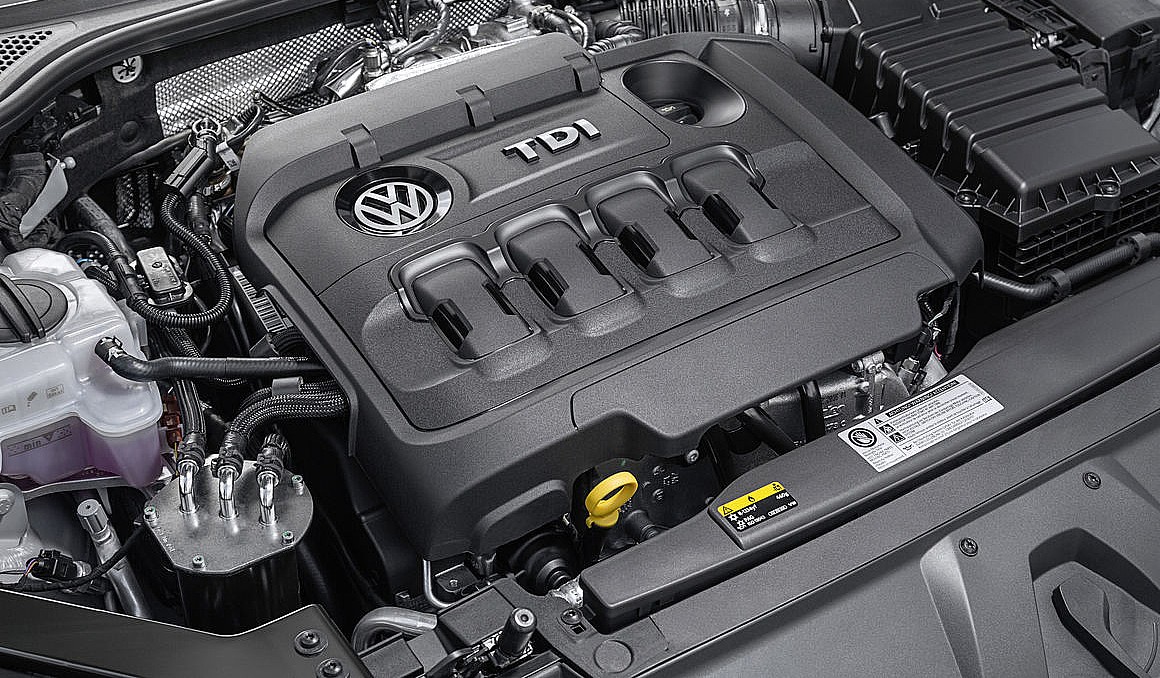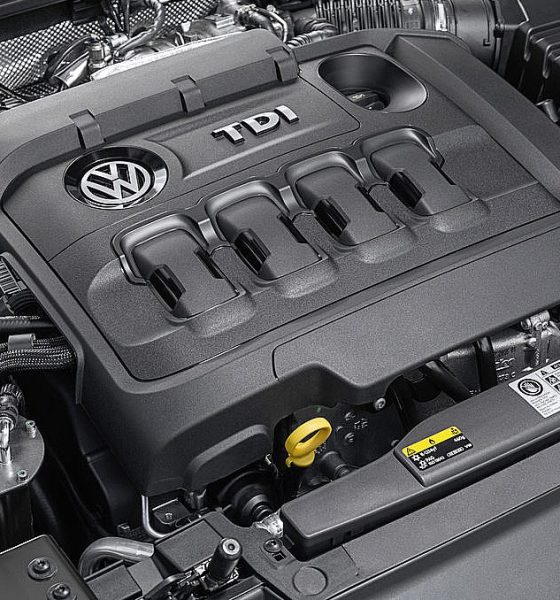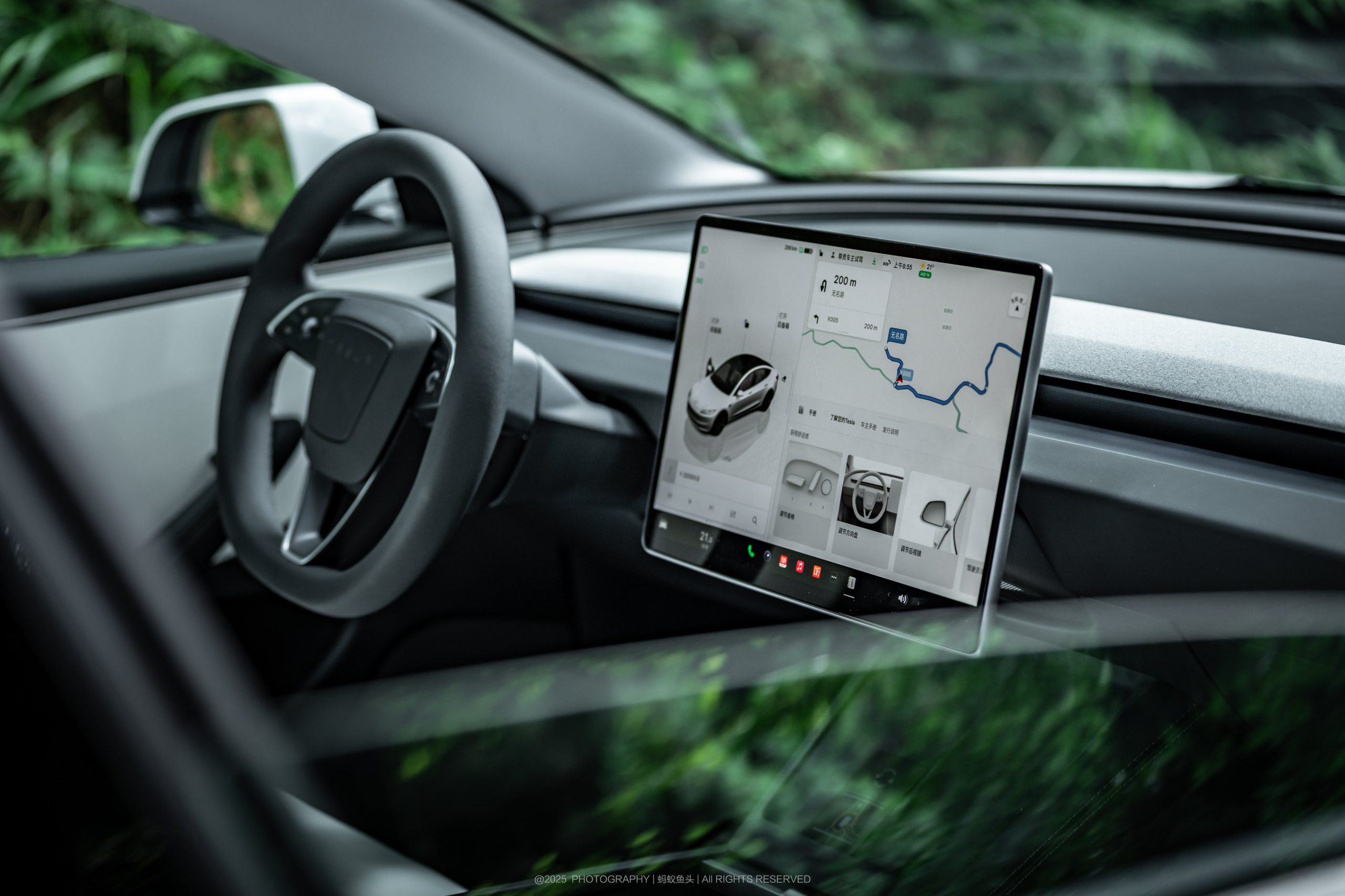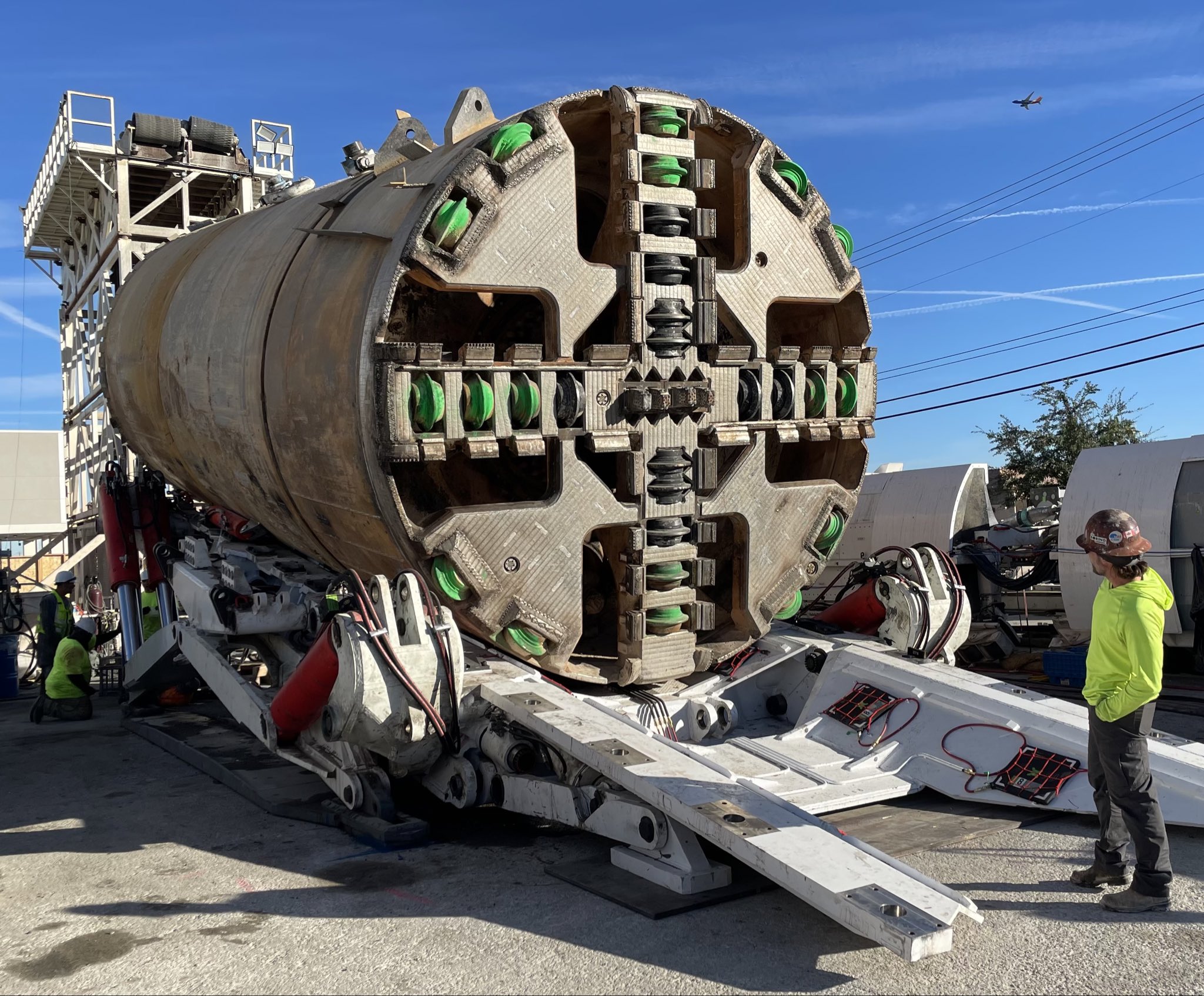

News
Volkswagen has repaid Dieselgate victims an outrageous compensation package
Volkswagen’s Dieselgate scandal has tarnished the German automaker in more ways than one. This week, however, the Federal Trade Commission issued a press release stating that Volkswagen has successfully returned more than $9.5 billion in compensation to car buyers who purchased the company’s “clean diesel” vehicles because of an advertising campaign.
The FTC announced that both Volkswagen and Porsche both repaid a total of more than $9.5 billion to car buyers. Those who purchased “Clean Diesel” vehicles from either VW or Porsche were given two options of repayment: Return the car to the manufacturer in exchange for compensation, or have the car modified to comply with clean-air rules put into place by the Environmental Protection Agency.
The report from the FTC indicates that more than 86 percent of the victims chose to return their vehicles through a buyback or early lease termination.
The FTC filed their Final Status Report with the U.S. District Court for the Northern District of California.
“Most important, the FTC orders and related private class settlements provided redress sufficient to compensate consumers fully,” the FTC stated in its report, which was released on July 27.
In 2015, Volkswagen Auto Group admitted to placing secret software and cheat devices in more than 550,000 vehicles. These devices were used in the company’s diesel vehicles, which are among its most popular cars in the world. Many VW models sport a TDI or Turbocharged Direct Injection, which uses direct fuel injection systems. Many owners report that fuel economy is better with TDI models.
However, some of these tested vehicles would have never hit the road if the company would not have installed the cheat devices. After the Environmental Protection Agency noticed that there was a violation of the Clean Air Act, an investigation ensued. The EPA then found that the German car company had intentionally programed cheat devices to help vehicles that emitted up to 40-times the number of Nitrogen oxides into the air.
Despite the tough economic circumstances, the FTC indicated that Volkswagen appropriately handled the settlements by “managing the settlement administration process effectively.”
Since the settlement, Volkswagen has done its best to put the scandal in the past. The German automaker has made significant strides in developing a series of electric models, starting with the ID.3 which will begin deliveries later this Summer, the company said.
Volkswagen has also started transitioning several of its German manufacturing plants to begin building electric cars. With sustainability in mind, Volkswagen has paid its penalties and will look to help the world solve the climate crisis one car at a time.
The Federal Trade Commission’s final report on the Dieselgate Scandal is available below.
Volkswagen Clean Diesel Settlement Report FTC by Joey Klender on Scribd

Elon Musk
Tesla nears closure of Full Self-Driving purchasing option
The move to bring FSD to this type of purchasing program comes after CEO Elon Musk noted in January that Tesla would move away from the outright purchase option.

Tesla is nearing the closure of its Full Self-Driving outright purchasing option, which will be removed on February 14, meaning Saturday will be the last time it can be bought as a non-subscription.
Tesla is aiming to move its Full Self-Driving suite to a subscription-only platform, a move that will enable people to only pay monthly for the semi-autonomous driving functionality.
The move to bring FSD to this type of purchasing program comes after CEO Elon Musk noted in January that Tesla would move away from the outright purchase option.
It is currently priced at $8,000 for the outright option to use Full Self-Driving, a substantial decrease compared to the $15,000 it was priced at one time. For the monthly subscription, it is just $99 per month, but that price will change, likely increasing as things get more advanced.
Tesla is overhauling its Full Self-Driving subscription for easier access
We say it will likely increase because there is no indication of how Tesla will price FSD. There has been some speculation that Tesla could utilize a tiered system to price FSD, which would potentially allow owners to pick and choose a set of features that would be most ideal for them.
This would potentially introduce an even more affordable option for FSD use, but this is unconfirmed. The reason many say this could be an option for Tesla is the fact that if the price goes up further, the take rate, which is currently around 12 percent at its most recent estimate, could be lower.
Musk needs 10 million active Full Self-Driving subscriptions to unlock one of the tranches of his newest compensation package.
The move to a subscription-only platform has its positives and negatives, and owners have been more than vocal about these since Musk confirmed the move.
Positives
- Lower barrier to entry and higher potential adoption
- Financially better for many users
- Easier transfers and brand loyalty
- Predictable recurring revenue for Tesla
- Access to the latest features
Negatives
- Higher long-term cost for loyal/long-term owners
- No true “ownership” or permanence
- Risk of future price hikes or even deactivation
- Perceived as of less value
- Impact on resale and used market
Overall, there is a split among the Tesla community in terms of what they see as the “right” way to handle this. Tesla is likely to shed more details on what its plans for the subscription-only platform will be, including pricing, in the coming weeks.
Elon Musk
Elon Musk’s Boring Company selected for Universal Orlando tunnel project
The underground transport tunnel is designed to address the persistent gridlock surrounding International Drive.

Elon Musk’s The Boring Company has been selected for a proposed underground transit system connecting Universal Orlando Resort and the newly opened Universal Epic Universe.
The underground transport tunnel is designed to address the persistent gridlock surrounding International Drive.
As noted in a blooloop report, Universal’s Shingle Creek Transit and Utility Community Development District approved a resolution showing its intent to designate The Boring Company as the contractor for the project.
The agreement covers the full scope of the project, from the tunnel’s design, construction, and maintenance. The project has also been described in public documents as a “point-to-point innovative transportation” initiative with a 25-year agreement.
The proposed Boring Company tunnels would directly link Universal’s existing parks with Epic Universe, which sits roughly three miles away from Universal Orlando Resort. Today, buses are the only direct connection between the two destinations.
Project requirements were quite stringent. Bidders were required to demonstrate at least $75 million in bonding capacity, have a minimum of seven years of operational experience, and show prior delivery of a comparable project valued at $25 million or more within the past 15 years. The Boring Company, thanks in no small part to the Vegas Loop, meets these requirements.
The Orlando selection adds to The Boring Company’s growing portfolio of Loop-style systems. In Las Vegas, the Las Vegas Convention Center Loop has transported more than two million passengers in Tesla vehicles through underground tunnels since 2021. The greater Vegas Loop system is also under construction.
For now, residents in the area seem enthusiastic about the upcoming project. In a comment to Fox35, residents noted that the tunnels could improve traffic in the area.
“We are very congested at certain times and certain hours and that would certainly help with people not having to budget their time,” Mary Walters-Clark, a resident, stated. Another resident, Scott Heinz, echoed similar sentiments. “I think it would be a new opportunity to lessen traffic load and good for visitors as well,” he said.
The tunneling startup has started bringing its Loop projects to international locations. It recently signed a memorandum of understanding with Dubai’s Roads and Transport Authority to explore the development of a 17-kilometer underground Loop network beneath Dubai.
Elon Musk
Elon Musk tops Forbes’ list of America’s 250 greatest innovators
The ranking places Musk at the top of modern American innovation.

Elon Musk has been ranked No. 1 on Forbes’ inaugural list of America’s 250 Greatest Innovators. The ranking places Musk at the top of modern American innovation as the publication kicks off a series celebrating the nation’s 250th anniversary.
Forbes described innovation as “the grease in the economic engine” and the force that transforms industries and creates new ones. The publication highlighted that its honorees are not just inventors, but business leaders who successfully bring breakthroughs to market.
Musk, 54, was ranked No. 1 in this year’s list. Forbes noted that he is “the only person in history to have founded (or grown from nearly nothing) five companies, each with multibillion-dollar valuations, each in a different industry.” Those companies include Tesla, SpaceX, Neuralink, xAI, and The Boring Company.
Forbes’ methodology began with nearly 1,000 nominees submitted by its reporters. A panel of judges, including venture capitalist Jim Breyer, journalist Kara Swisher, and strategy expert Rita McGrath, ranked candidates based on creativity, breadth, engagement, disruption, and commercial impact. Artificial intelligence tools, including ChatGPT and Gemini, were also used to assess candidates before editors finalized the rankings.
The publication noted that more than one-third of the list consists of women and people of color, reflecting shifts in innovation and entrepreneurship over time. All individuals listed are also American citizens, though many were born abroad, including Musk himself. Musk was born in Pretoria, South Africa.
Ranked No. 2 is Jeff Bezos, 61, who Forbes credited with upending America’s $7.4 trillion retail industry through Amazon before pioneering cloud computing with Amazon Web Services. The publication highlighted that Bezos now focuses on space exploration through Blue Origin and artificial intelligence manufacturing systems at Prometheus.
At No. 3 is Bill Gates, 70, who helped launch the personal computing revolution and built Microsoft into the dominant force in workplace software. Forbes also highlighted Gates’ reinvention at age 50 as a data-driven philanthropist, including his role in helping eradicate polio from India.







